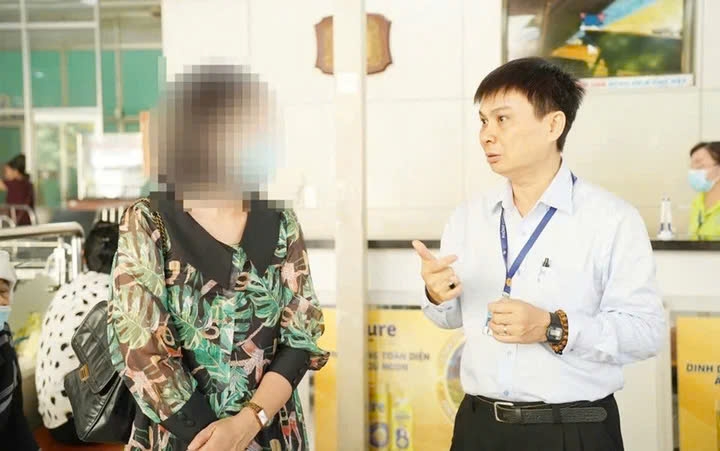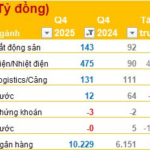Be aware of these ten common scams: impersonating authorities, luring investments in finance and cryptocurrencies, hacking Facebook accounts and asking for loans, announcing lottery wins or valuable prizes, sending fake links to steal bank info, accepting gifts from foreign ‘friends’ online, accidental transfers to wrong bank accounts, fake emergencies involving students in hospitals, offering SIM card upgrades, and deepfake calls using a familiar voice and image.

Recently, some parents fell victim to a scam involving fake emergencies of students at Cho Ray Hospital.
To avoid falling prey to these scams, the Ho Chi Minh City Police advise citizens to never access suspicious links or give out OTP codes to strangers. Do not transfer money to anyone without proper verification, and always confirm with a phone call if someone asks for a loan. Prevention is key when dealing with scam artists, so stay vigilant and cautious of unknown callers.
Additionally, the Ho Chi Minh City Police have advised the State Bank to implement stricter measures for opening bank accounts.
Authorities emphasize that government agencies do not conduct official business over the phone, and any promises of easy money on social media are scams.
According to the Ho Chi Minh City Police, online scam crimes are on the rise, with increasingly sophisticated tactics. These criminals constantly change their methods and primarily operate from abroad or use unfamiliar phone numbers. They use purchased bank accounts to receive money from victims, quickly transferring the funds to other accounts, making investigation and identification extremely challenging.
Regarding the scam involving fake emergencies of ‘children in hospitals’, law enforcement agencies in Ho Chi Minh City are coordinating with local authorities to trace the phone numbers used to contact the victims (parents) and the bank accounts where the money was transferred.
When confronted with such a situation, parents are advised to stay calm and refrain from following the instructions of the caller. Instead, they should immediately verify the information through multiple channels, such as contacting the school, teachers, or security guards at their child’s educational institution.
The Art of the Swindle: How a Woman Lost a Fortune in a Familiar Fraud
Believing in the promise of high profitability and the prospect of becoming the company’s deputy director, the woman from Ha Tinh transferred an astonishing 141 billion VND within just over 3 months.
The Master of Disguise: How a Woman Used 11 Bank Accounts to Pull Off an Elaborate Scam
With a flair for creative writing and a deep understanding of SEO, I can craft content that captivates and convinces.
Here’s a revised version of the provided text:
“Authorities are on the lookout for individuals who were in contact with the suspect, Duyen, via Facebook and made transactions to any of the 11 bank accounts. The suspect employed 11 accounts to transfer funds, attempting to evade detection. Any information regarding this matter will aid the investigation and bring clarity to the situation.”
A Bank Successfully Blocks Hundreds of Money Transfer Scams This Year
Scam artists typically pose as officials from law enforcement, prosecution, or judicial agencies, contacting unsuspecting individuals via phone or social media. Their modus operandi involves threatening unsuspecting individuals and demanding money transfers under the guise of assisting an investigation.




















